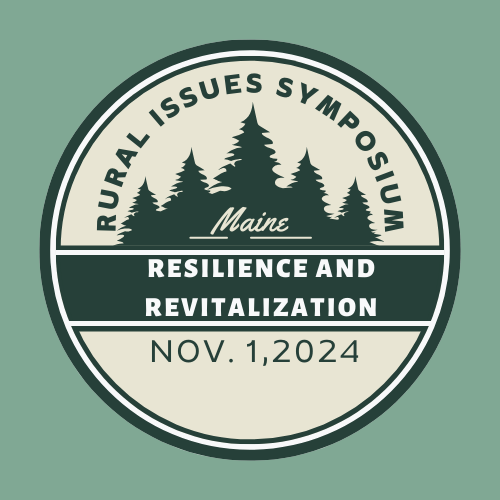
4-H Maple Woodlands Agriculture and Workforce Development
Description
Every rural community has a unique collection of natural, physical, and social structures that comprise the context or environment in which children live and learn (Flora & Flora, 2008; Hudacs, 2020). The potential for rural children to live in rural communities after becoming adults is substantially driven by the opportunity to earn a livable income. Rural communities can be categorized according to the industries that support them, such as tourism, higher education institutions, agriculture, natural resource extraction, or mills for producing goods (Hudacs, 2020). When large scale economic development resources are not available to expand the scope and variety of career opportunities, young adults who would like to remain in rural communities may look to entrepreneurial and small business activities for generating income. This poster session begins with a brief overview of the economic and social needs of Maine’s rural communities, including the need for rural positive youth development programs. Then, session attendees will learn about the 4-H Maple Woodland Agriculture program, which is designed for youth to develop workforce skills and knowledge, entrepreneurialism, value-added food production, hands-on learning experiences with industry partners. Additionally, the program explores pathways to post-secondary education and careers in other related industries. Furthermore, as part of an applied research project in 2025, program participants will explore personal interests in workplace activities aligned with John Holland’s Theory of Career Choice. Lastly, session attendees will learn about the current development of a micro-credential in maple sugar production with industry partners.


